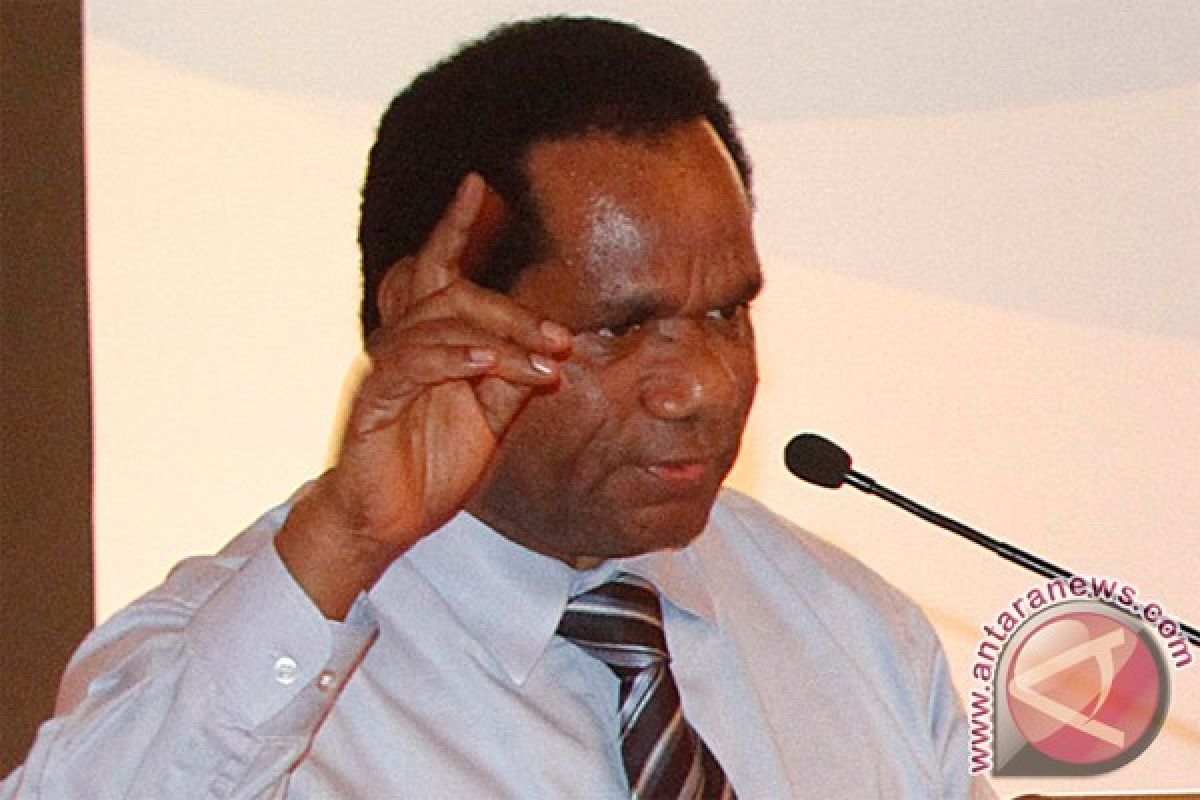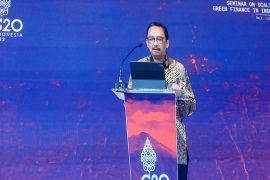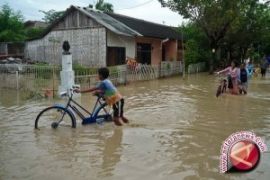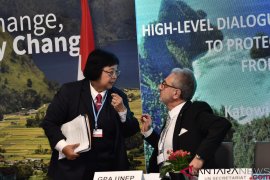...eroding five percentBandung, West Java (ANTARA News) - The continuing environmental pollution and damage in Indonesia is eroding five percent of the country`s gross domestic product growth per year, according to the World Bank.
Environment Minister Balthasar Kambuaya stated here on Tuesday that the research conducted by the World Bank in 2009 indicates that Indonesia`s development is still not based on sustainability principles that prioritize the preservation of nature.
"The increase in income per capita is rapidly driven by the magnitude of the liquidation of our natural resources and environmental assets. There is continual exploitation of natural resources and excessive destruction of the country`s natural assets, despite the fact that this results in tremendous damage to the present generation, in the form of natural disasters," he observed.
Kambuaya also cited several indicators suggesting that the quality of Indonesia`s environment is still far below expectations. The country has ranked 74th out of 132 countries in the environmental performance index released by the Yale Centre for Environmental Law and Policy.
Indonesia scored 52.29 out of a maximum value of 100 in the index.
"That`s still way below some Southeast Asian countries like Singapore, Malaysia and even Vietnam," Kambuaya remarked.
According to Kambuaya, Indonesia`s deforestation rate during the last decade reached an average of 1.17 million hectares per year, while the damaged reef areas in Indonesia for 12 years reached 70 percent.
However, the Indonesian government remains committed to sustainable development through the National Long-term Development Plan 2005-2025 as well as its medium-term development plans for 2010-2014, Kambuaya noted.
The government`s application of green economy comprises four elements in the development programme: poverty reduction, decent work, sustainable economic growth and environment internalisation in development activities.
Kambuaya claimed that the green economy implementation actually depends on one key factor that changes the value of human behavior and makes it environment-friendly.
Each individual member of the community, business and government is expected to contribute to the implementation of a green economy by adopting an eco-friendly lifestyle, Kambuaya noted.
"A variety of environment-friendly lifestyles have been taught through the values regarding traditional wisdom and ethics of the environment, which have been rooted in people`s lives," he said.
He acknowledged the fact that many companies still do not carry out an Environmental Impact Assessment. From among 1,002 companies assessed by the Ministry of Environment in 2011, he continued, the majority of companies were categorised as red because they did not manage their waste properly.
Kambuaya promised strict law enforcement against companies that do not manage their waste products according to the government`s regulations.
Every year, there is an increase in the number of companies that are subjected to administrative sanctions and brought to justice, he added.
(A050)
Editor: Ella Syafputri
Copyright © ANTARA 2012











